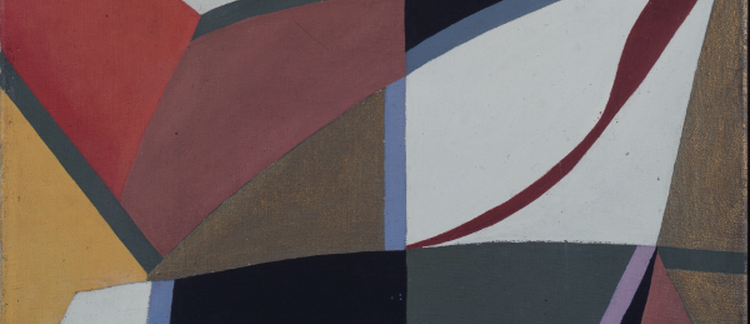Abstract
To download the article click here
In a fourteenth-century copy of Henri de Mondeville's Chirurgia (Cambridge, Trinity College, MS 0.2.44), a flayed human body carries its skin on a staff, displaying the underlying fleshy tissues. The unpainted drawing illustrates Mondeville's discussion of flesh and fat. Taking this image as its main focus, this article is concerned with the fleshiness of the medieval image. It considers medieval understanding of flesh to examine the relationship between flesh and the figure in the Chirurgia. I explore closely the relationship between parchment, a support made of skin, and the pen-drawing on its surface. Moreover, I draw on Maurice Merleau-Ponty's ontology of flesh, which postulates an association between visuality and flesh. Overall, the article argues that the drawing formulates a discourse on flesh. It is not merely a depiction of flesh but rather, I contend, becomes fleshy in the interaction with the viewer.
Downloads:
Downloads are not available for this article.

